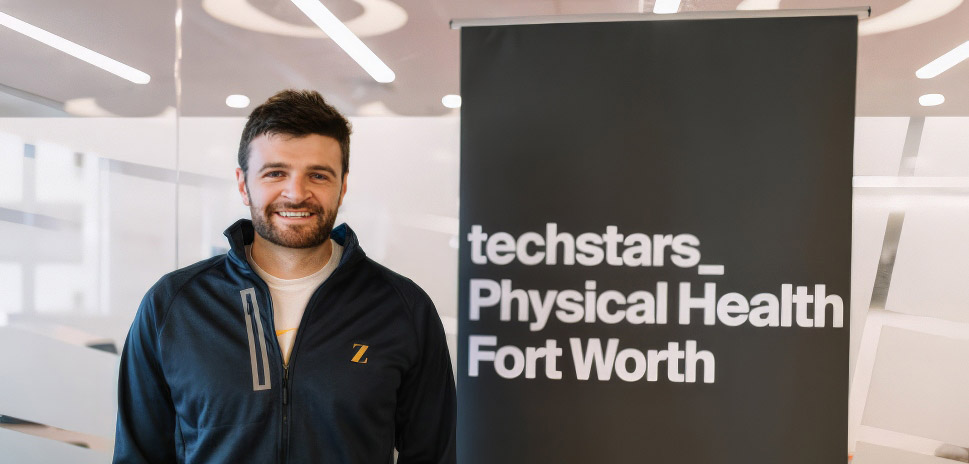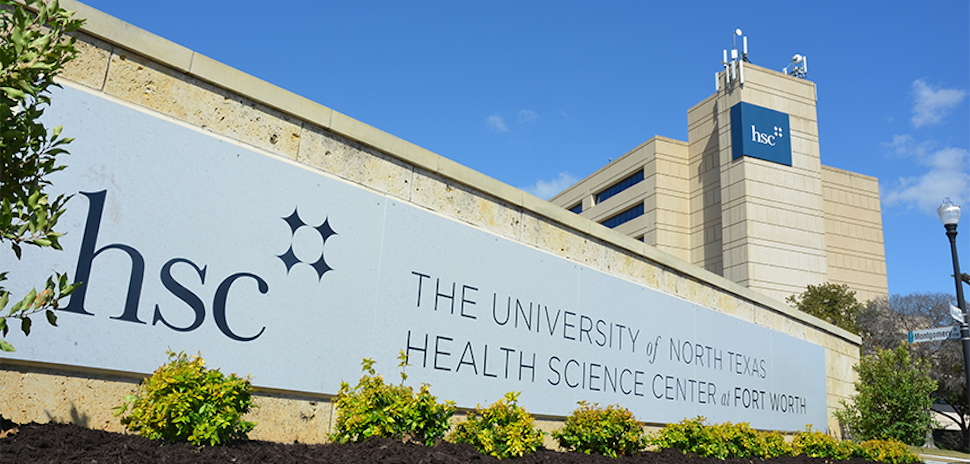A $1 million federal grant awarded to the University of North Texas Health Science Center at Fort Worth’s Department of Internal Medicine & Geriatrics is aimed at enhancing healthcare for older adults.
The grant from the Health Resources and Services Administration, an agency of the U.S. Department of Health and Human Services, is expected to continue for five years and to total $5 million.
“The majority of older adults live with chronic conditions and other medical issues that are associated with an increased risk of depression, anxiety or other mental health challenges as well as stress, social isolation and disability,” Jennifer Jurado Severance, PhD, MS, associate professor and principal investigator, said in a statement. “The changing needs of a growing older adult population are an opportunity for HSC and our partners to transform health resources and services through workforce training and education.”
Severance has specialist training in gerontology and is also the vice chair of research for the department. She will lead as principal investigator and program director. Sarah Ross, DO, MS, CMD, associate professor and director of HSC’s Center for Older Adults, will lead as co-director. Project leads include Janice Knebl, DO, MBA; Brittany Love, DO; Kate Taylor, DNP, RN, from HSC’s College of Nursing; and Diana Cervantes, MS, DrPH, CPH, CIC, from HSC’s School of Public Health.
Part of the WE HAIL Collaborative program
The HSC said the funding will address the growing needs of older adults and improve the training provided to healthcare professionals via the Workforce Enhancement in Healthy Aging and Independent Living (WE HAIL) Collaborative program.
The program includes 13 organizations and is one of 42 grantees nationwide awarded the five-year Geriatric Workforce Enhancement Program grant. HSC said the award recognizes its capacity and its academic, healthcare, and community partners to make a lasting impact on healthcare for older adults.
The collaborative’s goal is to advance training for primary care, direct care, and supportive care workforces to improve age friendly and dementia friendly care for older adults across the care continuum and in vulnerable communities across the Texas and Oklahoma region, HSC said.
The Texas College of Osteopathic Medicine’s Department of Internal Medicine and Geriatrics has assembled a team of interdisciplinary faculty and staff committed to creating sustainable, quality learning experiences.
The WE HAIL Collaborative benefits from the wealth of expertise within HSC.
Along with those leading the collaborative, HSC said faculty members will provide content expertise in geriatric medicine, pharmacy, physical therapy, nursing, social work, correctional medicine, community health workers and program evaluation. The spirit of collaboration among HSC schools and faculty strengthens the university’s commitment to improving health outcomes for vulnerable and underserved populations, including older adults.
HSC said it is able to extend its reach across Texas and Oklahoma by collaborating with academic partners that include Oklahoma State University, Texas Christian University, and Midland College.
Addressing workforce shortages and training gaps in rural, tribal and other underserved communities
HSC and its partners will be able to address critical workforce shortages and training gaps in rural, tribal and other underserved communities.
WE HAIL reaches beyond academia to include primary care delivery system partners such as the North Central Texas Community Health Centers, James L. West Center for Dementia Care, Methodist Charlton Health System, JPS Health Network and Cantex Continuing Care Network. Other community partners committed to offering quality services to older adults include AgriLife Extension Services, MedStar Mobile Healthcare, United Way of Tarrant County’s Area Agency on Aging and the Alzheimer’s Association of North Central Texas.
“Plans for the next five years build on a strong infrastructure developed with HRSA funding through the last nine years,” Severance said. “We so appreciate our partners across academic, health care and community organizations, some of which have already accomplished great work with WE HAIL and others that are new to the collaborative and will be launching new initiatives.”
HSC said that partner organizations will offer the training programs at a variety of sites, including classrooms, clinics and nursing homes, as well as virtually and through web-based applications.
Projects include dementia training for nursing students and dementia specialist certification for nursing assistants, supportive care workers, and other direct care roles. HSC said that will improve support for people with dementia in healthcare environments, an important objective among providers of healthcare for older adults.
“So many of the patients I care for in both the clinic and the long-term care space are living with dementia, and there are hundreds more in our community who will never see a geriatrician,” Ross said. “In order for older adults and caregivers to receive the care and support they need; our mission must include providing training to providers the patients will see. We hope that WE HAIL projects will give practitioners the resources needed to incorporate dementia screenings and care into routine practice.”
HSC said that training for medical students in rural area will include clinical experiences in different settings of care, while peer mentoring will prepare them to address primary care needs of older adults in rural communities.
Goals of Project ECHO
Another program, Project ECHO for resident physicians, will use a nationally recognized web-based learning model to disseminate best practices in age-friendly and dementia-friendly care for older adults in tribal, rural, and other underserved communities.
HSC said that the collaborative’s path forward includes workforce enhancement projects for health professions students and resident physicians; interprofessional teams of health care providers; and training programs for nursing home support staff, community health workers, paramedics and other supportive, direct care and primary care workers.
HSC added that project implementation meetings with partners began this month, and it expects to see results in the numbers of learners trained in geriatric topics by the fall.
The Health Resources and Services Administration provides financial support for the WE HAIL program.
![]()
Get on the list.
Dallas Innovates, every day.
Sign up to keep your eye on what’s new and next in Dallas-Fort Worth, every day.




























